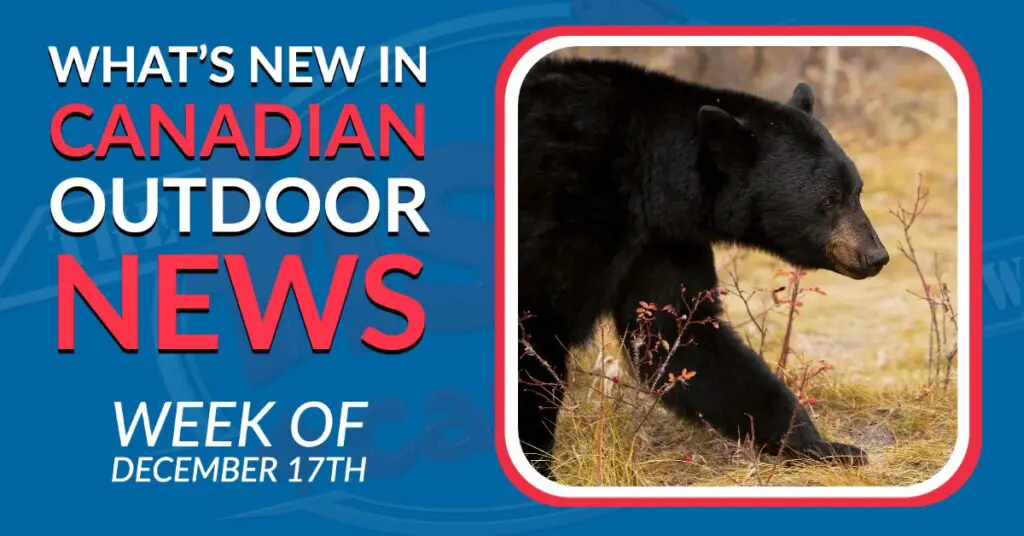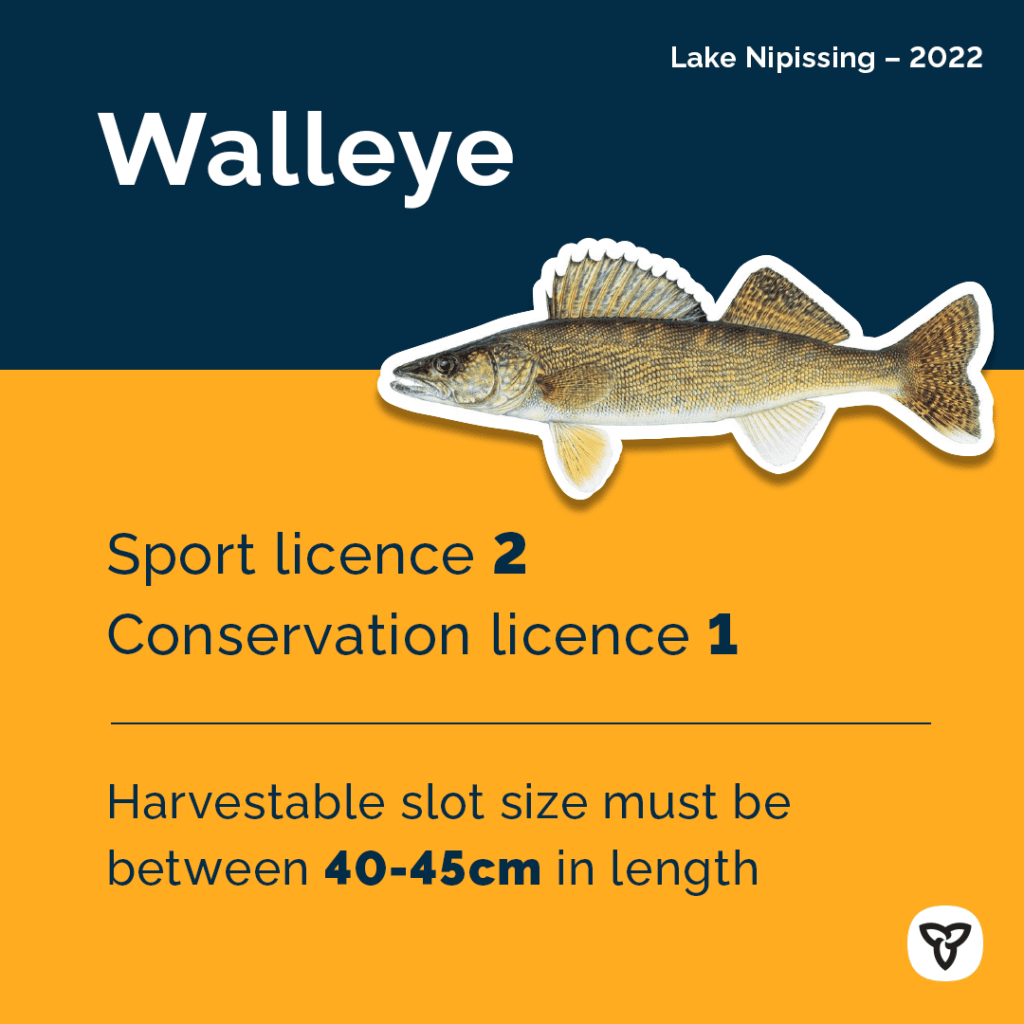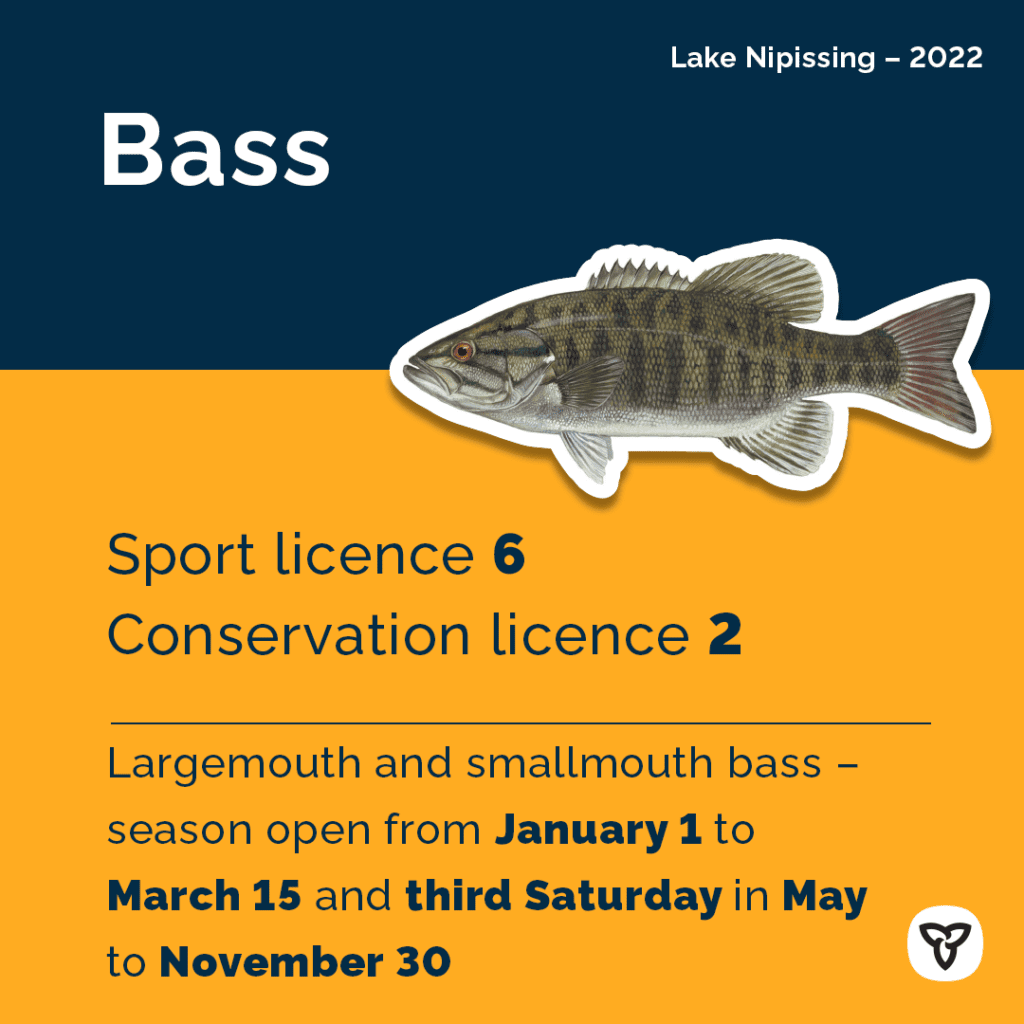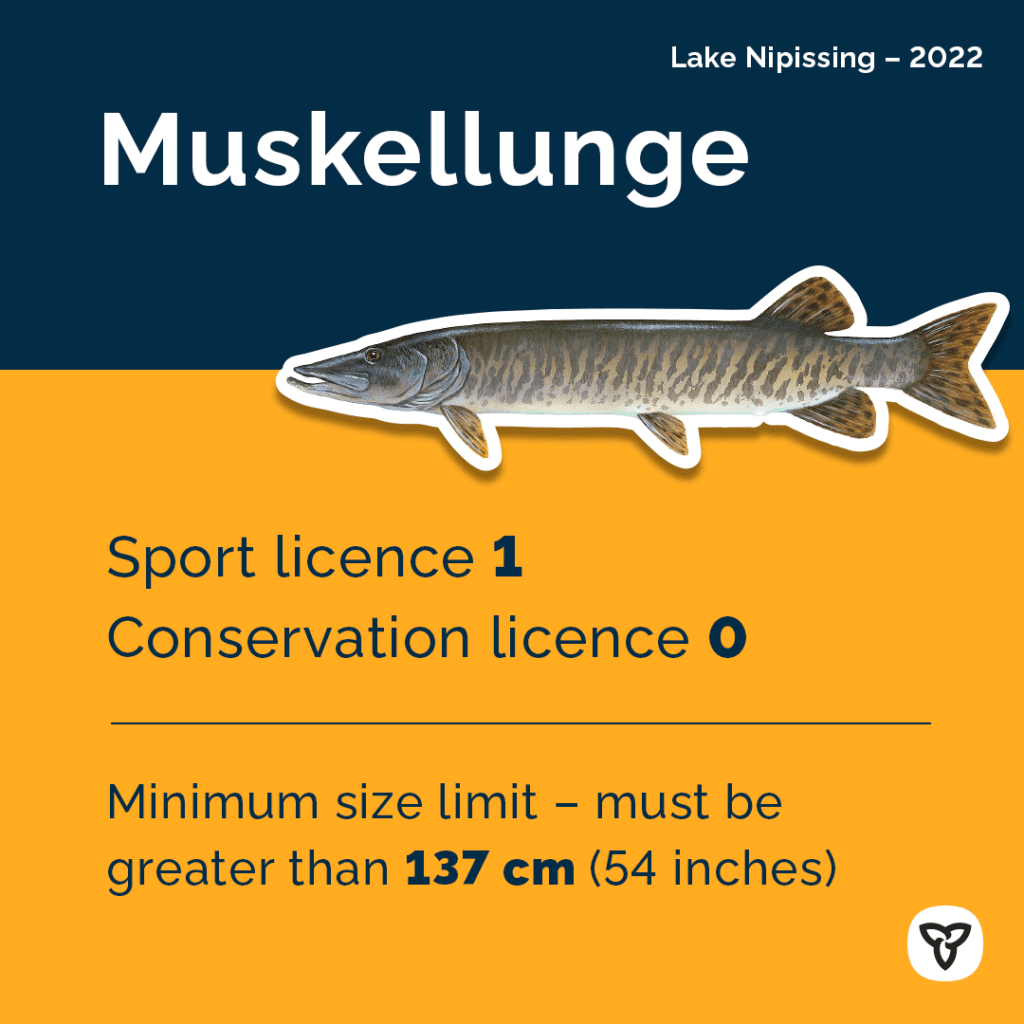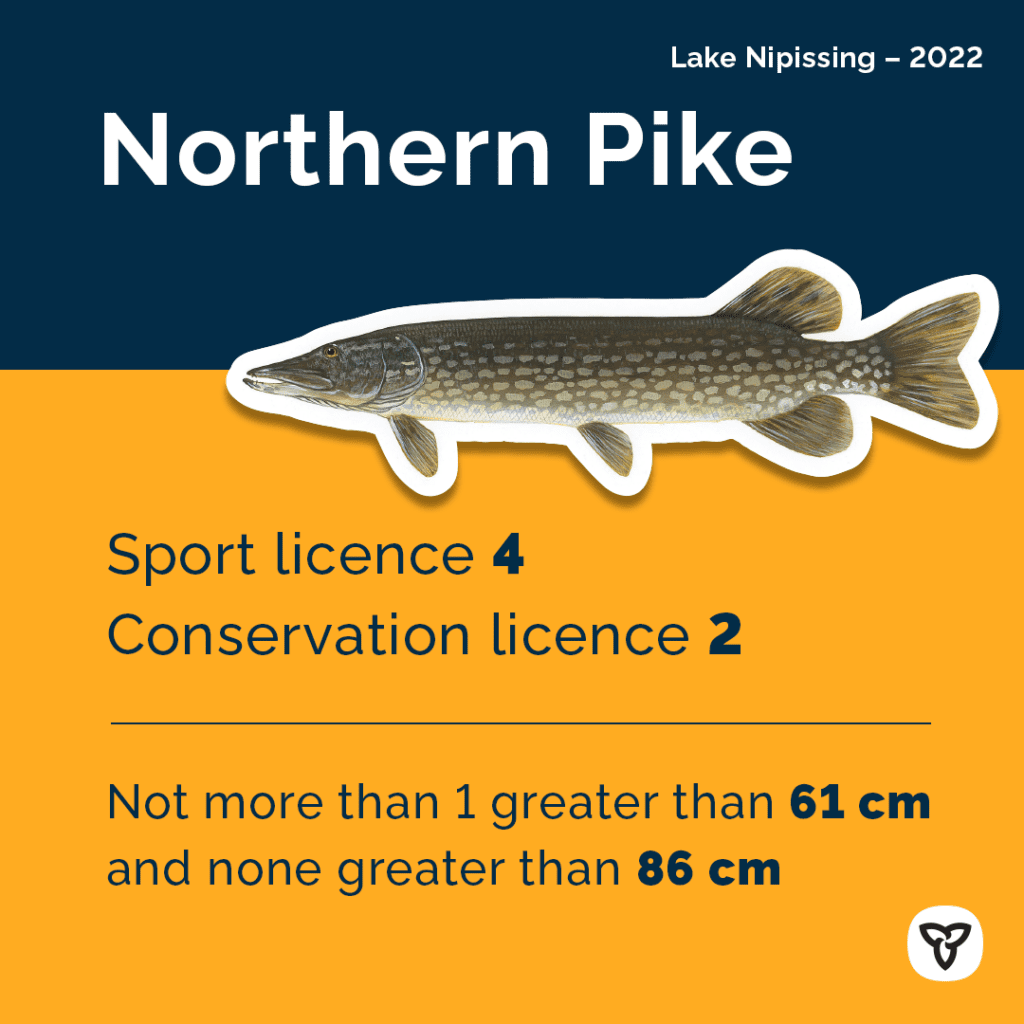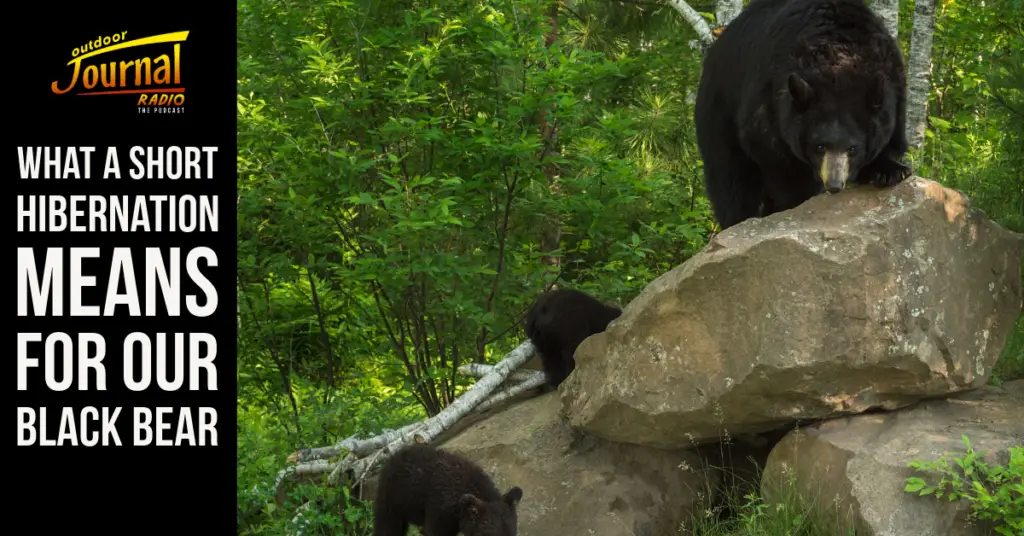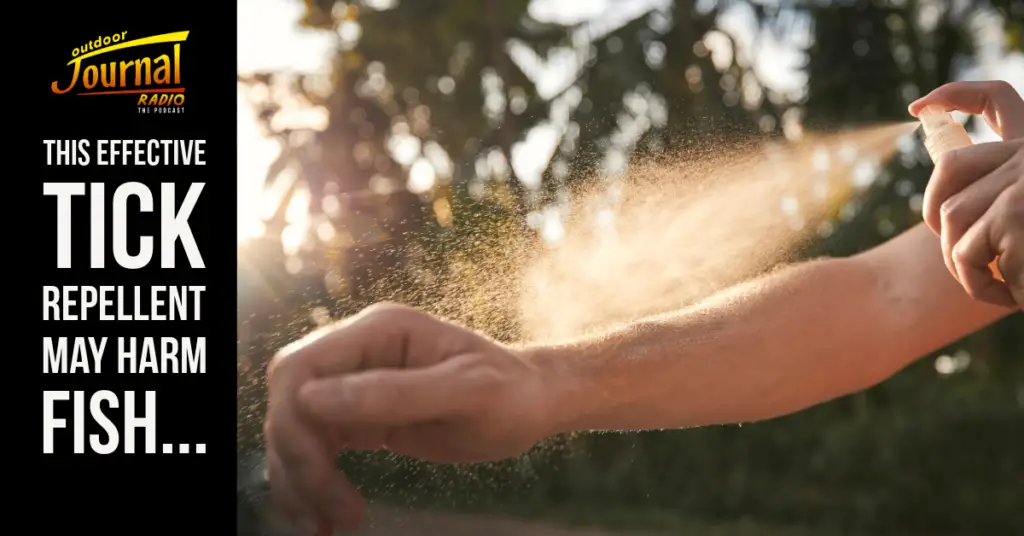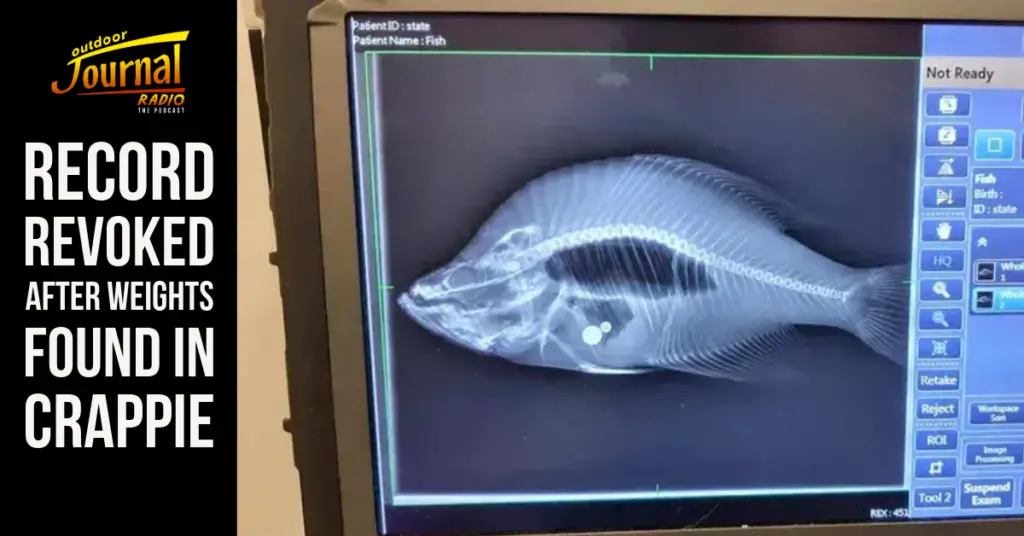The Stories that Matter and the Fuel to your Bar Banter – Canadian Hunting and Fishing News from the Week of December 17th, 2021
Although news has never been so abundant, finding relevant and reliable stories has never been more difficult. Thankfully, Fish’n Canada has you covered. From bear gallbladder poachers to record-setting muskie, here is everything you missed this week in the world of Canadian fishing and hunting!
1. Giant Muskie shatters 64-year-old record
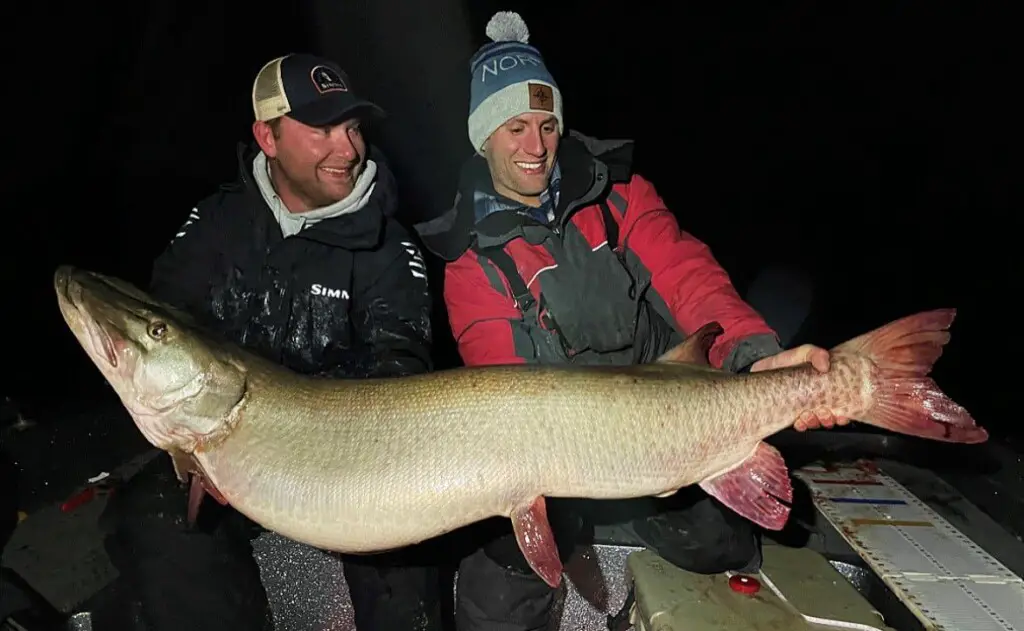
A few hardcore Ontario anglers are likely hanging on to the tail end of the muskie season, and a fish caught down in Minnesota shows exactly why.
Last week, it was confirmed that the state’s 64-year-old muskie record was shattered when local angler, Nolan Sprengeler, landed a 55lb 14oz monster after opting to stay out after sunset.
As he recounted in an interview with the DNR, the original plan was to head in at around 8 p.m., but due to a delay at the boat launch, Sprengeler and friends, Kevin Kray and Zack Skoglund, decided to make the most of the day and fish deeper into the night.
“On our last spot of the evening, at about 9 p.m.,” said Sprengeler (via DNR), “I felt a tap on the end of my line. I fought the fish to the boat and Kevin Kray netted it for me”.
On the boat, the fish was measured at 57.75 inches by 29 inches. After the fish was, unfortunately, unable to be revived, the group decided to bring the fish into the DNR where it was measured on a certified scale, in front of witnesses, the following morning.
2 – Rising Black Bear numbers linked greater to Deer Tick dispersal
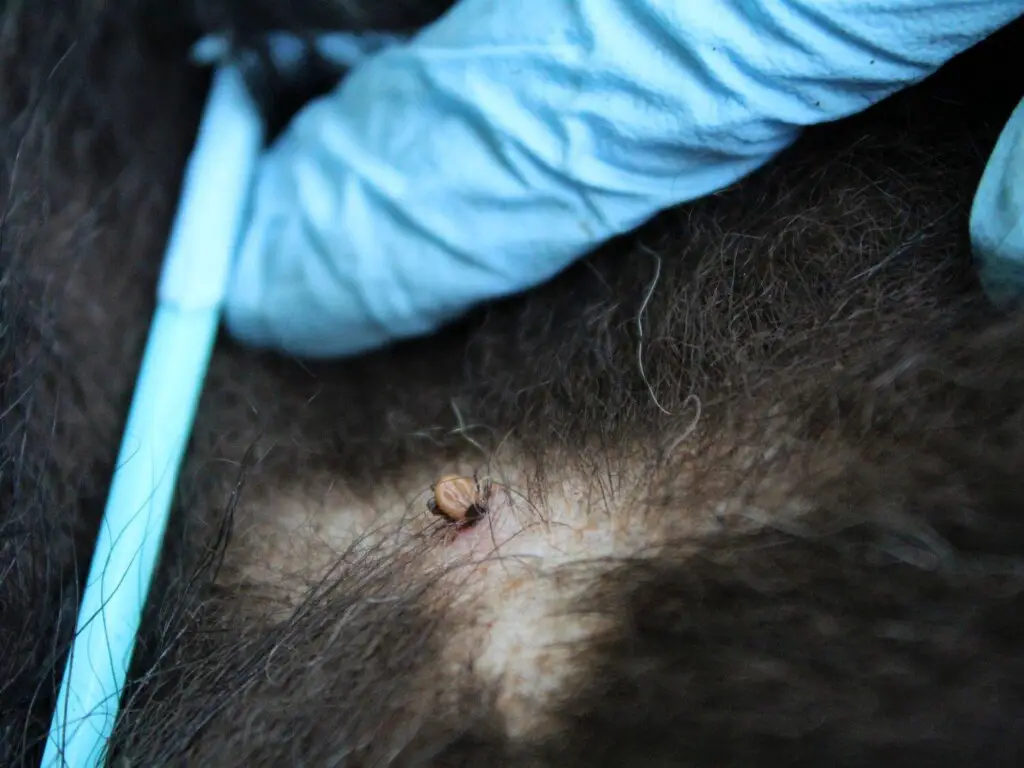
Our second story comes to us from south of the border, but its relevance to Canadian outdoorsmen surely warrants a spot on our list.
According to an article out of Pennsylvania State University, the rising numbers of Deer Ticks (aka Blacklegged Ticks) may be connected to a species once ignored in Lyme Disease research – the American Black Bear.
As is indicative by their name, Deer Tick research has often focused on two host species – White-tailed Deer and White-footed Mice. According to researchers in Pennsylvania, however, this may have been a mistake.
In an interview with Phys.org, lead researcher, Hannah Tiffin, suggests that this narrow research focus has created a lack of information on other animals’ relationships to Deer Ticks and what their role could be in tick dispersal. As research is now expanding, however, a link between Bear population growth and tick dispersal is becoming much more apparent.
As they are in much of the north-east, Pennsylvania bear populations are steadily increasing, In fact, according to Tiffin, Pennsylvania bear populations doubled between the late 1980s and 2001 and have continued to rise in the last 20 years. Over this same time frame, Lyme Disease cases have increased significantly, tripling between 2004 and 2017.
The connection between bears and ticks was made after researchers began finding significant amounts of Deer Ticks on Black Bears harvested during hunting seasons and involved in vehicle collisions. Due to these findings, a study was later conducted on 278 bears, revealing that many Black Bears are hosting not just Dog Ticks, but Deer Ticks in all three of their life stages – from larvae to nymphs to full-grown adults.
“Because black bears are known to host several species of ticks,” said Tiffin, “and these animals can travel long distances—particularly male bears that may travel more than 100 miles when establishing a new territory—it’s important to understand their role in tick ecology and dispersal, especially in a region with high numbers of Lyme disease cases.”
This connection will be especially interesting to keep up with as states such as New Jersey and Washington look to put a ban on bear hunting – a decision that may have more consequences than once thought.
If you’re interested in reading more on this topic, check out the full report here!
3 – Muskoka Lakes named among top ice fishing destinations in Canada
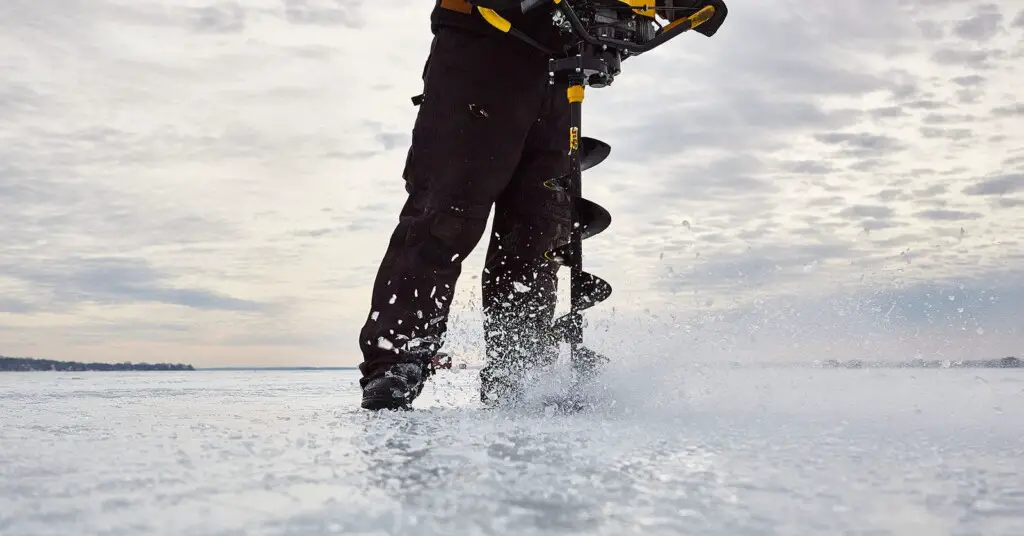
According to FishingBooker.com, the Muskoka Lakes have been listed among the best ice fishing destinations in Canada for 2022.
For those unfamiliar with the site, FishingBooker is a platform designed for connecting local anglers to fishing guides – from charters down in the Keys to ice fishing hut rentals in the Northwest Territories.
With such a wide variety of locations that the company had to choose from, we were surprised (and excited) to see Muskoka crack the list beside such powerhouses as Great Slave Lake and Last Mountain Lake.
The full list released by FishingBooker can be found below:
- Muskoka Lakes, ON
- Sainte-Anne-de-la-Pérade, QC
- Last Mountain Lake, SK
- Newfoundland Ponds, NL
- Wabaum Lake, AB
- Whistler, BC
- Athapapuskow Lake, MB
- Great Slave Lake, NT
As seen in the article below, Ang and Pete have spent plenty of time in the Muskokas and have not been disappointed. With more than 1,600 lakes falling within the region, including Joseph, Rosseau, and (of course) Muskoka – the area certainly does deserve a mention.
At the top spot, however? …we’ll leave that up to you to decide.
Do you agree with their list? Did your favourite lake get snubbed? Let us know in the comments below!
4 – Northern Saskatchewan man fined $14.5K for trafficking bear gall bladders
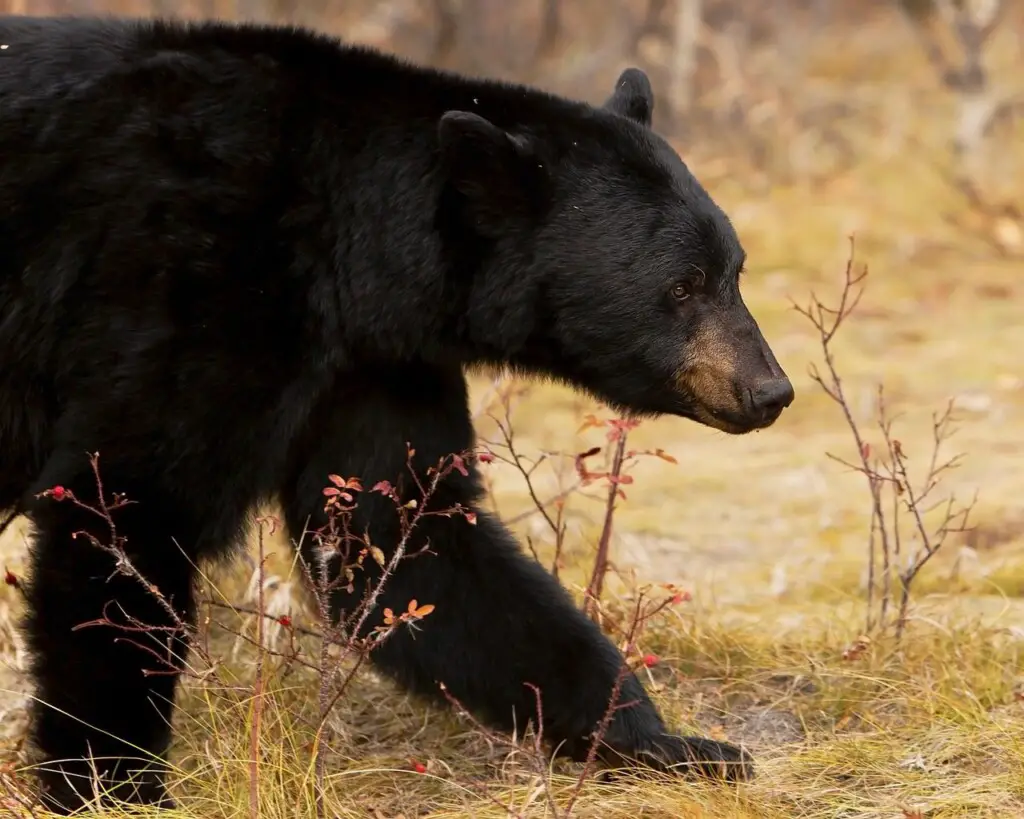
As reported by the CBC, Roger McCallum Jr, a northern Saskatchewan native, made headlines on Tuesday when he pleaded guilty to a long list of fish and wildlife infractions – one of which was trafficking and selling bear gallbladders.
The man was caught after attempting to sell a bear gallbladder to an undercover officer. According to the CBC, the man also went on to try to enlist the officer in selling illegal animal parts for him.
For those unfamiliar with the trade, Bear are the only mammals that produce significant amounts of the bile called Tauro Ursodeoxycholic Acid (UDCA), a chemical produced in the liver and stored in the gallbladder. This bile is highly sought after for traditional Chinese medicine. Some alleged uses include:
- treatment for intestinal, liver and cardiac illnesses
- parasite and bacterial infections
- anti-allergenic
- anti-spasmodic
- tranquilizers
- painkillers
- poison antidotes
- antihypertensive and anti-coughing agents
- cancers
- skin rashes
- burns and fever
- prevent swelling
More information on this topic can be found at the link below:
In addition to trafficking gallbladders, McCallum has been also been under investigation since 2018 for various other fish and wildlife crimes including the harvesting of 29 Lake Trout in a single day and dumping usable fish in a local landfill. The full summary of his charges can be found below:
- Illegal marketing of fish ($7,600).
- Wasting fish ($1,400).
- Commercial fishing without a licence ($250).
- Trafficking in bear galls ($2,800).
- Illegal outfitting ($1,400).
- Illegal provision of sustenance fish ($1,050).
Since pleading guilty, McCallum has been banned from applying for licences under the Fisheries Act for three years and is prohibited from applying for licences under the Wildlife Act for five years.
5 – Changes are Coming to Ontario’s Fishing Regulations

Ontario’s 2022 fishing regulations were released this week and anglers will want to be aware of a few notable changes.
1) Baitfish Zones Introduced:
Starting in January, Ontario will be launching a plan to stop the spread of invasive species, as well as prominent baitfish diseases such as Viral Hemorrhagic Septicemia (VHS) that have the potential to devastate local fish populations. The plan will divide Ontario into four Baitfish Management Zones (BMZs), regulating the transport of bait across boundary lines and enforcing strict penalties to those who violate the new system.
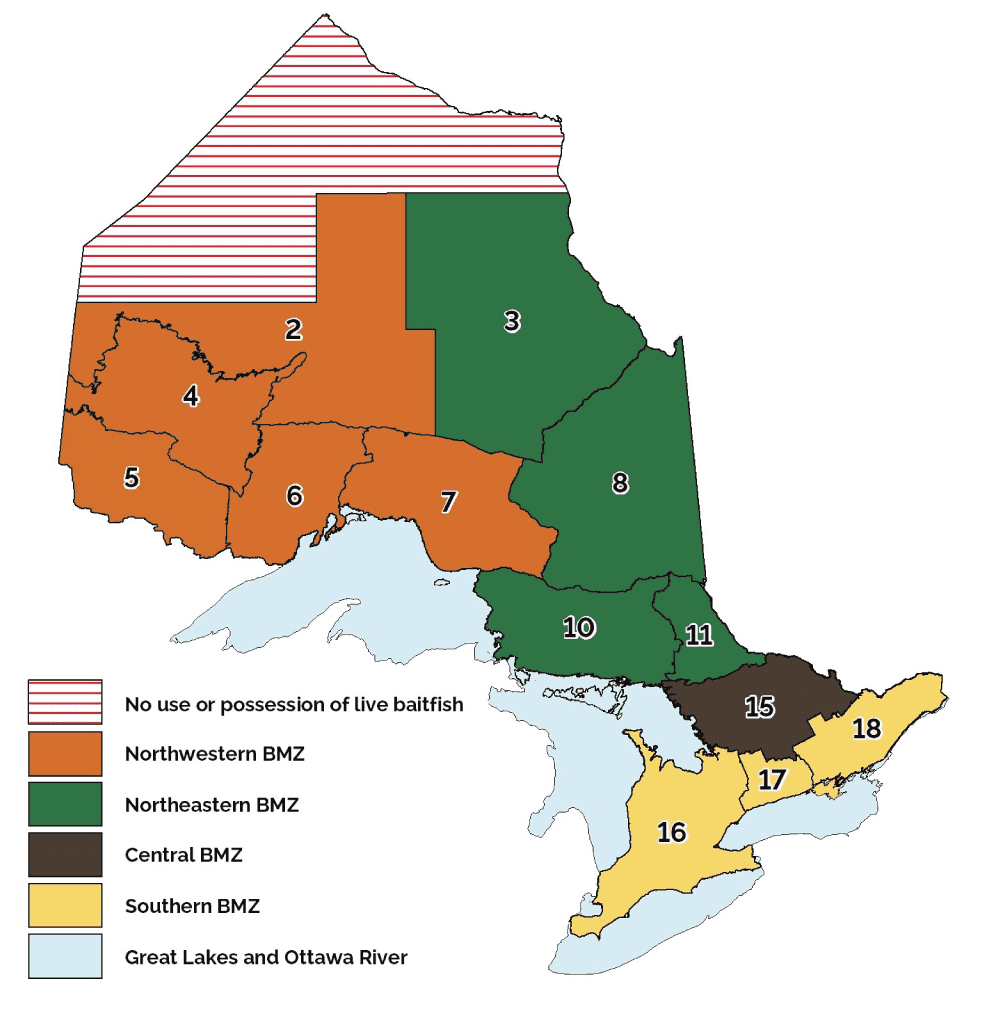
As you can see on the map above, not much will change for those fishing locally. However, those travelling to fish should now make plans to buy bait nearby the lakes they are fishing and to always keep receipts to prove where the bait was purchased. If you have bait leftover after travelling outside your area, the bait and receipt can be used for an additional two weeks, as long as you are fishing in the same BMZ.
2) Lake Trout Changes in FMZ 6
For those in Zone 6, your Lake Trout season will now be open from January 1 to September 30. Slot sizes remain the same.
3) Lake Nipissing in FMZ 11
Lake Nippissing will be seeing the most change in this year’s regulations, with the lake itself closing to all fishing from March 16th to the Friday before the third Saturday in May and December 1 to December 31.
In addition to this closure, changes to species-specific regulations can be found in the graphics below:
Have a story we missed? Send us an email at [email protected]



